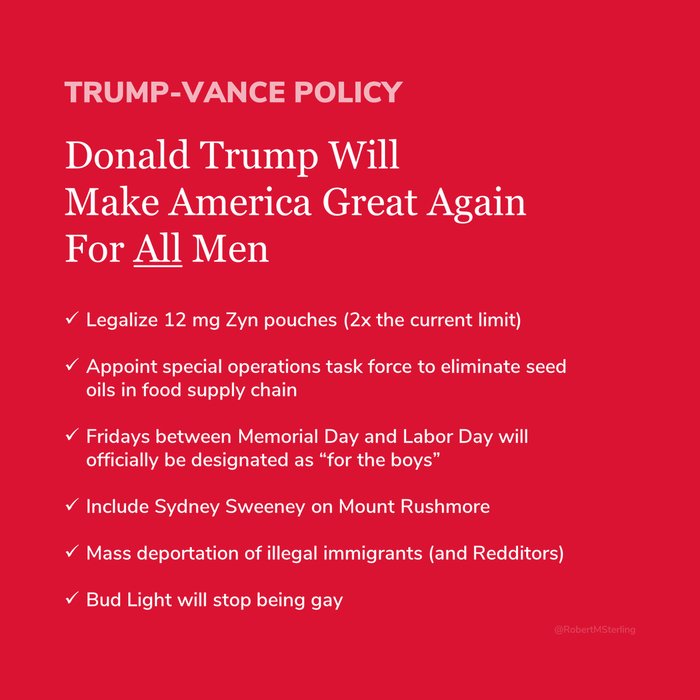Sublime
An inspiration engine for ideas
Opinion | Ezra Klein Is Worried — but Not About a Radicalized Left
Bernie Sanders
Waverly • 1 card

Badgering elected officials into taking an interest in pandemics was one part of Sam’s strategy. The second part was getting some new pandemic warriors elected to Congress. Sam’s political operation had figured out, or thought they had, that it made a lot more sense to spend money in primary than in general elections. Voters could be swayed in
... See moreMichael Lewis • Going Infinite: The Rise and Fall of a New Tycoon
Conservatives must capture public opinion, he argued, by exerting influence over the institutions that shape it, which he identified as academia, the media, the churches, and the courts. He argued that conservatives should control the political debate at its source by demanding “balance” in textbooks, television shows, and news coverage. Donors, he
... See moreJane Mayer • Dark Money
US Politics
miranda guerra valencia • 1 card
2024 Presidential Race
samora senti • 3 cards